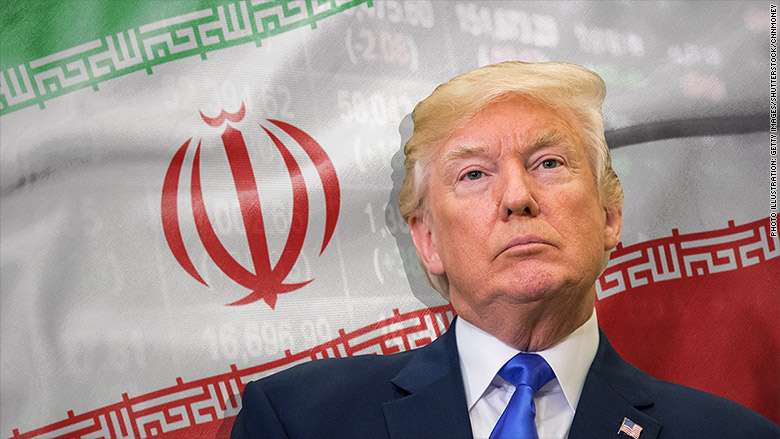Former U.S. President Donald Trump has issued a stark warning to Iran, advising its leadership to negotiate a deal before it is “too late.” The statement, made on his social media platform Truth Social, comes amid renewed tensions in the Middle East and escalating concerns over Iran’s nuclear ambitions. Trump’s remarks have sparked international debate, raising questions about potential shifts in U.S. foreign policy should he return to office in 2025.
In a message posted on June 13, Trump declared, “Iran better make a deal before there’s nothing left.” This provocative statement echoes his hardline approach during his presidency, which included the withdrawal from the 2015 Joint Comprehensive Plan of Action (JCPOA) and the imposition of severe economic sanctions on Tehran.
The former president did not elaborate on what he meant by “nothing left,” leaving analysts and political leaders to speculate whether the warning referred to economic devastation, military action, or the possibility of regime destabilization. Trump’s message appears to be aimed at leveraging pressure ahead of a potential 2024 election win, in which he may again take the helm of U.S. diplomacy and military posture.
During his term in office, Trump consistently positioned himself as a staunch opponent of Iran’s nuclear ambitions. He justified his decision to exit the JCPOA by asserting that the deal was “fatally flawed” and failed to prevent Iran from pursuing a nuclear weapon. The “maximum pressure” campaign that followed severely restricted Iran’s oil exports and international financial access.
The Biden administration has attempted to re-engage Iran through diplomatic means, seeking a return to the nuclear agreement. However, talks have stalled over disagreements regarding uranium enrichment levels, sanctions relief, and regional security concerns.
Trump’s warning comes at a time when Iran’s nuclear program has progressed significantly, with reports from the International Atomic Energy Agency (IAEA) indicating that Tehran is enriching uranium at levels close to weapons-grade. This has heightened fears across Israel, the Gulf states, and Western capitals.
International reaction to Trump’s remarks has been mixed. While some allies see it as a necessary reinforcement of deterrence, others caution against the potential for inflammatory rhetoric to lead to military confrontation. Experts warn that a return to a confrontational approach could undermine diplomatic efforts and destabilize an already volatile region.
Trump’s statement is also viewed through the lens of the upcoming U.S. presidential election. With foreign policy emerging as a central campaign issue, his comments on Iran may be aimed at appealing to a base that supports a tough stance on national security and Middle Eastern affairs.



